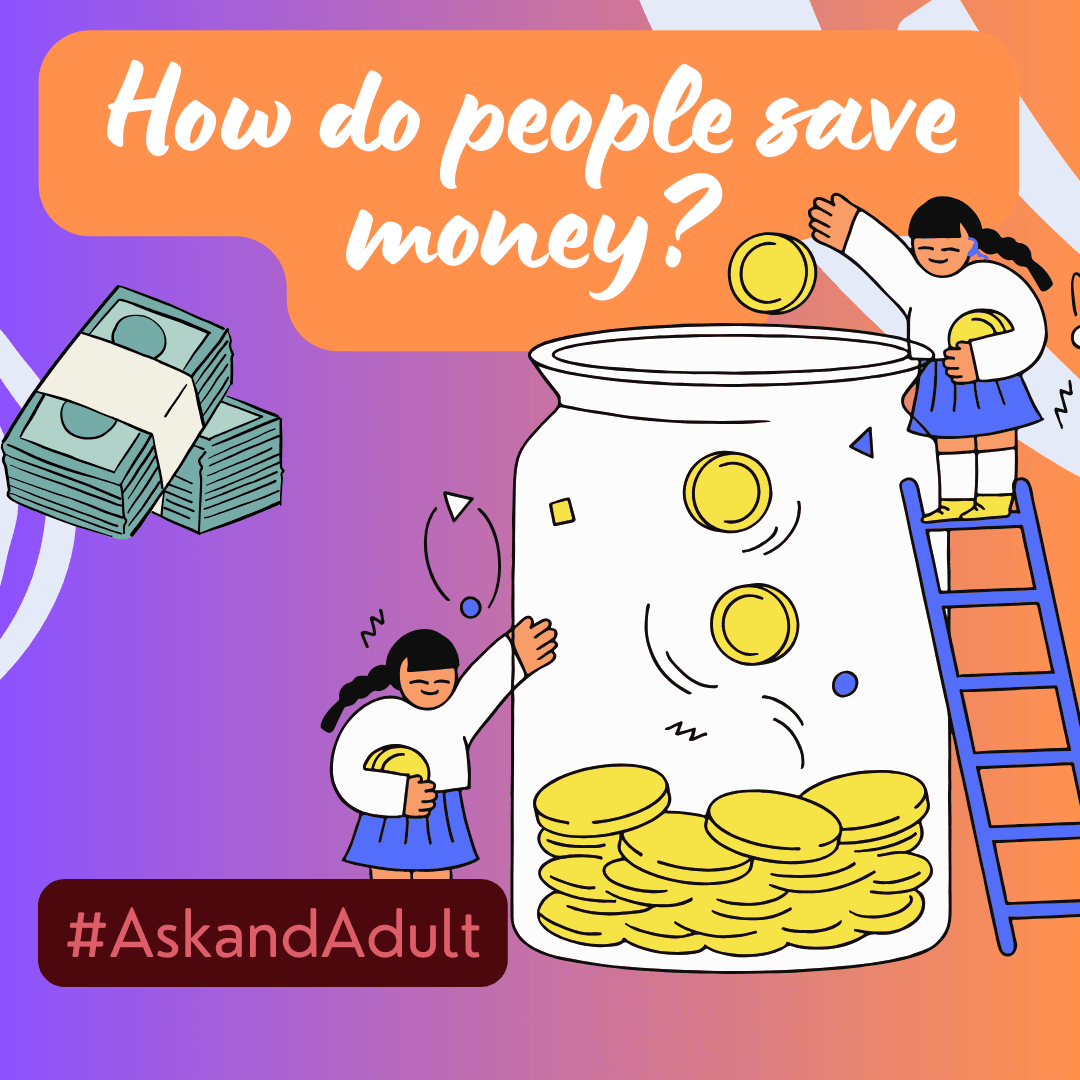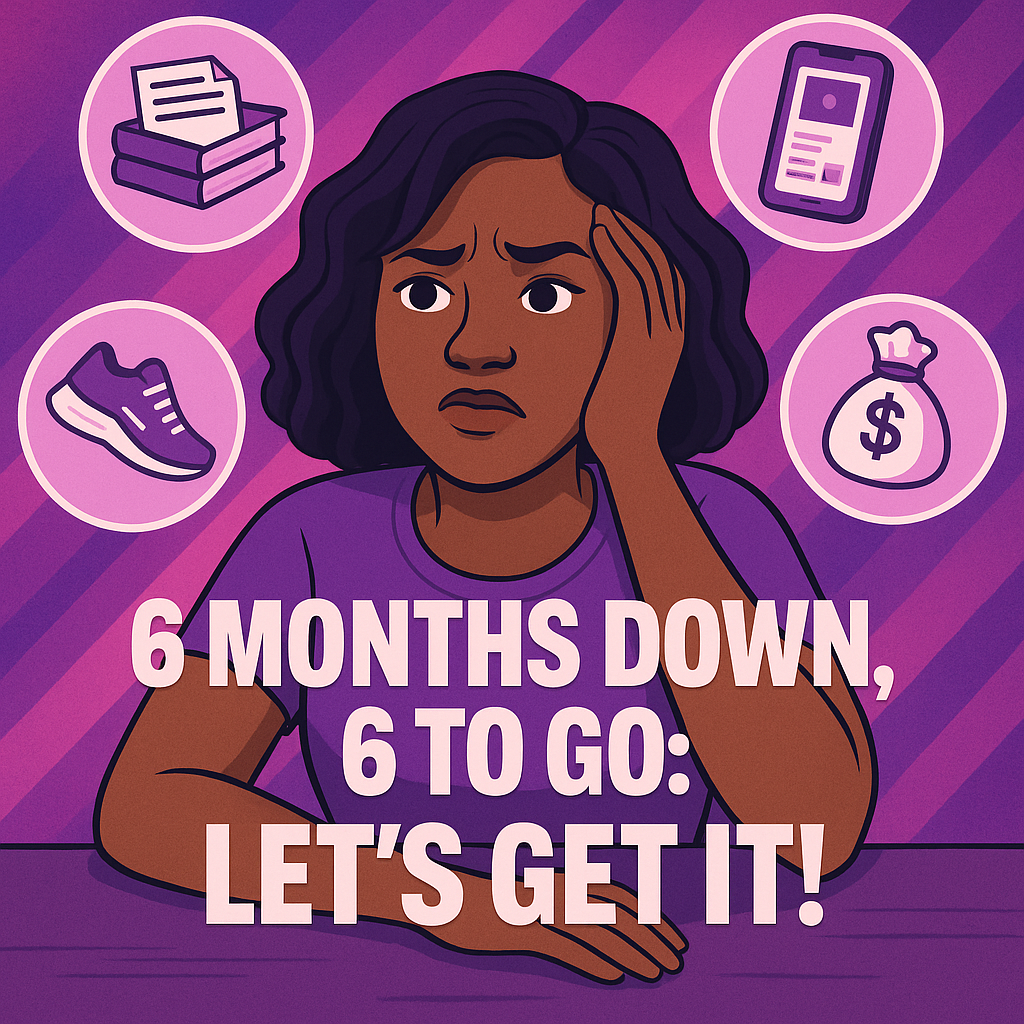Summary
Prior to starting my job, I would calculate how much I could spend from my salary and how much money I would have saved in the bank. £200 for wigs, £100 for eating out, £200 for Unexpected expenses and much more.
However, after getting my first pay and moving a chunk of money into my savings account, I thought ‘so what now?’. So I went on a hunt to figure out how people save money, what they do with their savings and what happens when their monthly income hits the bank.
[mailerlite_form form_id=3]Some frequently asked questions were; do I save a percentage every time I get a paycheck? do I save all my money after paying my debts? How much should I have saved for each month? and many many more.
This post will answer the question many young adults are trying to find out – How do people save?
They cut back on expenses and put it towards savings
One of the most straightforward methods people use is to reduce their discretionary spending and redirect those funds into their savings accounts. For instance, they would curb their spending on habits like smoking or drinking, and transfer the money they would have spent on those vices directly into a dedicated savings account. This simple act of redirecting funds can quickly add up to a lot of money over time.

They have bank accounts for everything.
Some people open multiple bank accounts to better organize their money. They might have one account for daily spending, another for dedicated savings, and separate accounts for specific goals like a house downpayment, vacation, or concert tickets.
An alternative approach is using digital banks like Monzo or Revolut that allow you to split one account into different “pots” or sub-accounts. Having pots for various purposes like expenses, savings, transportation, etc. makes you more conscious about not dipping into money allocated for necessities on unneeded purchases.
This post will answer the question many young adults are trying to find out – How do people save?
They Budget their expenses
Budgeting is a saving strategy I’ve started using lately, especially now that I have a monthly income. As I’ve been transitioning from student life to work life, instead of just spending on groceries and other expenses until my account is empty, I find it better to set a strict budget amount. For example, I’ll allocate £300 as my full monthly budget for groceries. Then I closely watch my spending to make sure I don’t go over that £300 limit. By the way you can check out this post where I share 5 Important Tips on Adapting From Student Life to Work Life.
Popular budgeting methods recommend splitting your income into percentages like 50% for essentials, 30% for discretionary, and 20% for savings. While I don’t follow those exact percentages yet, the main idea of giving myself a capped budget amount for each spending category has really helped me control my finances and make sure I have money left over to save each month.

Lastly, people don’t save
Unfortunately, not everyone has the luxury and the privilege of saving. Data by Statista shows that the UK household debt-to-income ratio stood at a staggering 128.9% as of 2023. So for every British Pound of disposable income, the household owes more than one Pound in debt. In simpler terms, many households are drowning in debt, living paycheck to paycheck with little to no savings to fall back on.
This post answers the question many young adults are trying to find out – How do people save?
Discover more from Life Starring Ebi...
Subscribe to get the latest posts sent to your email.










One Comment